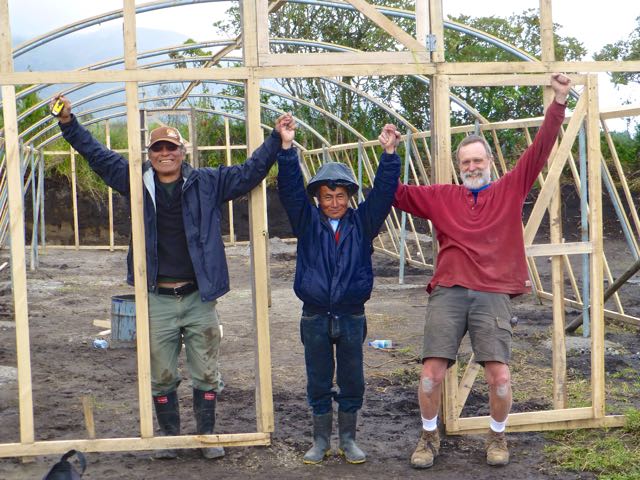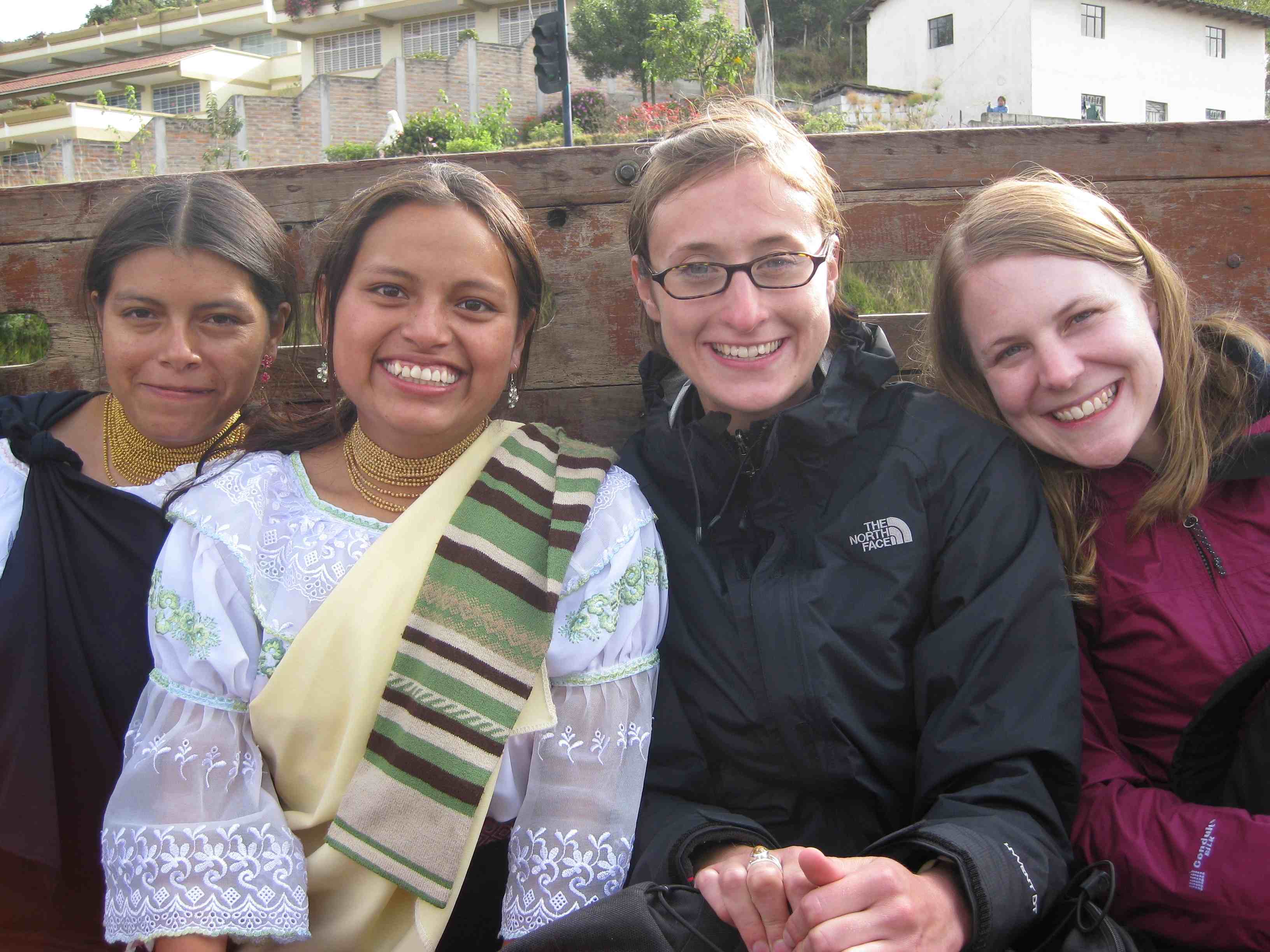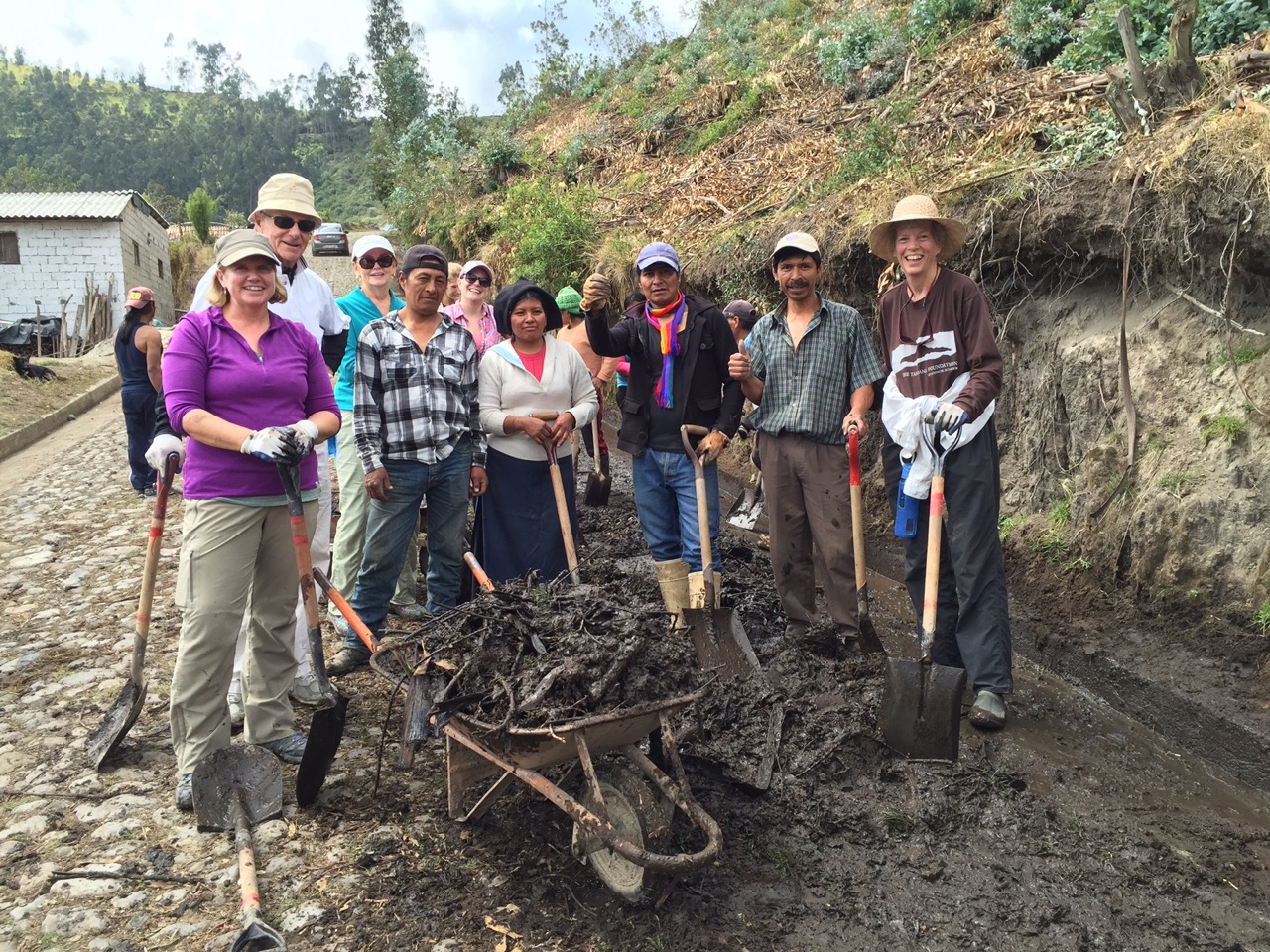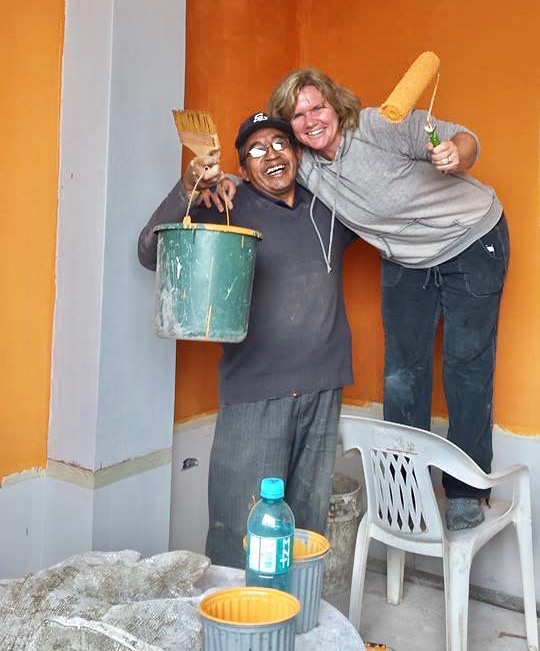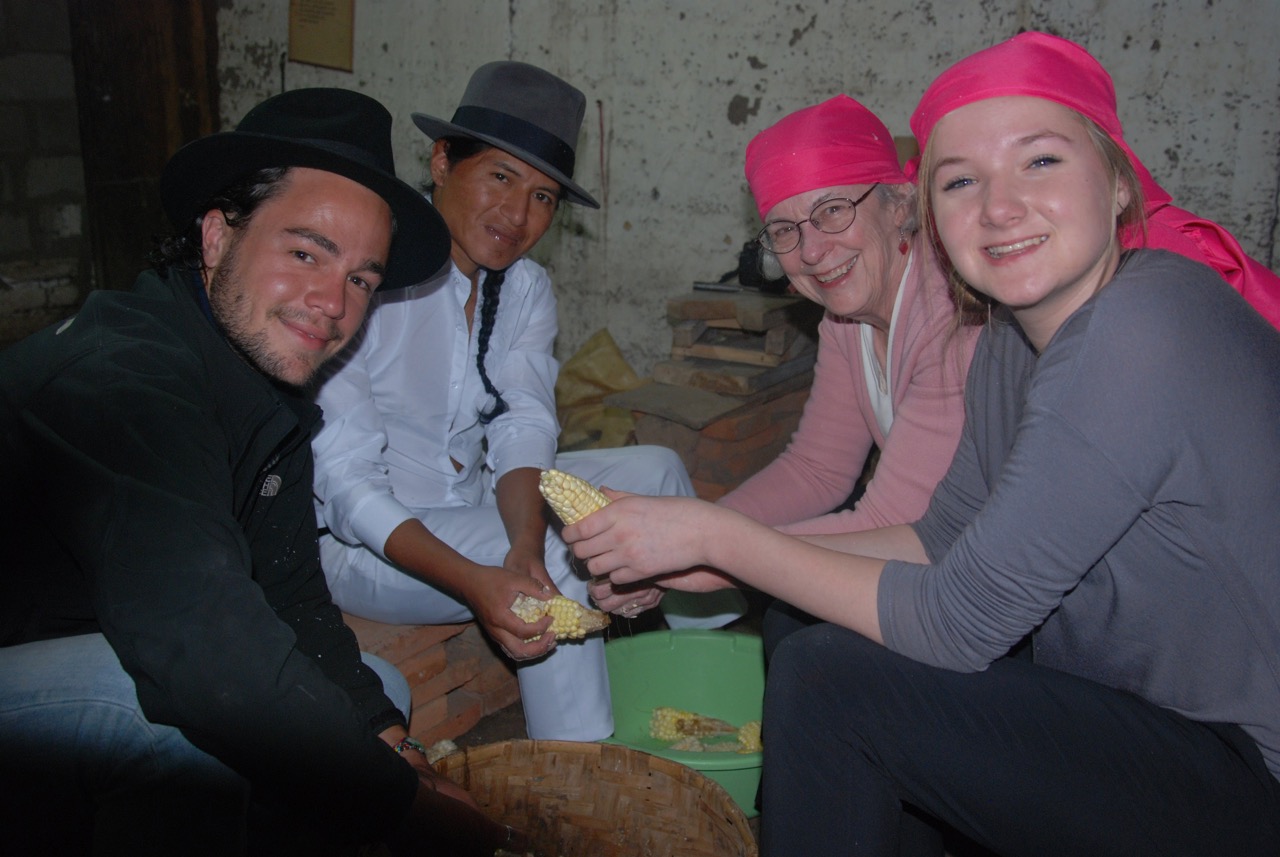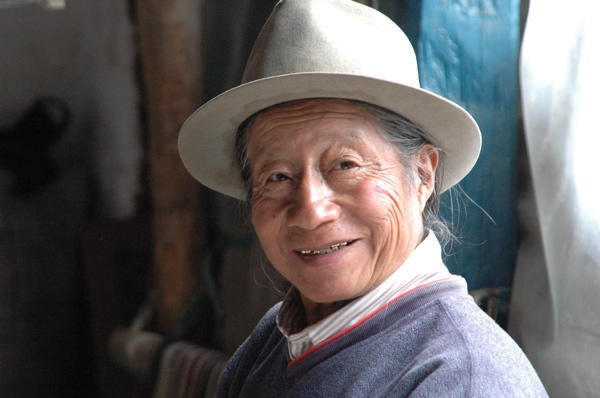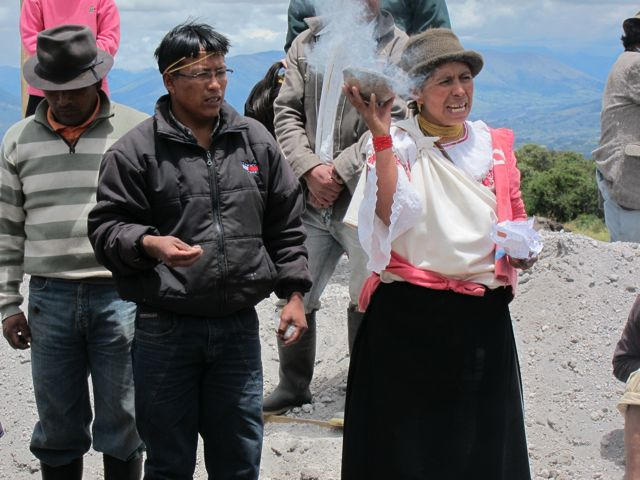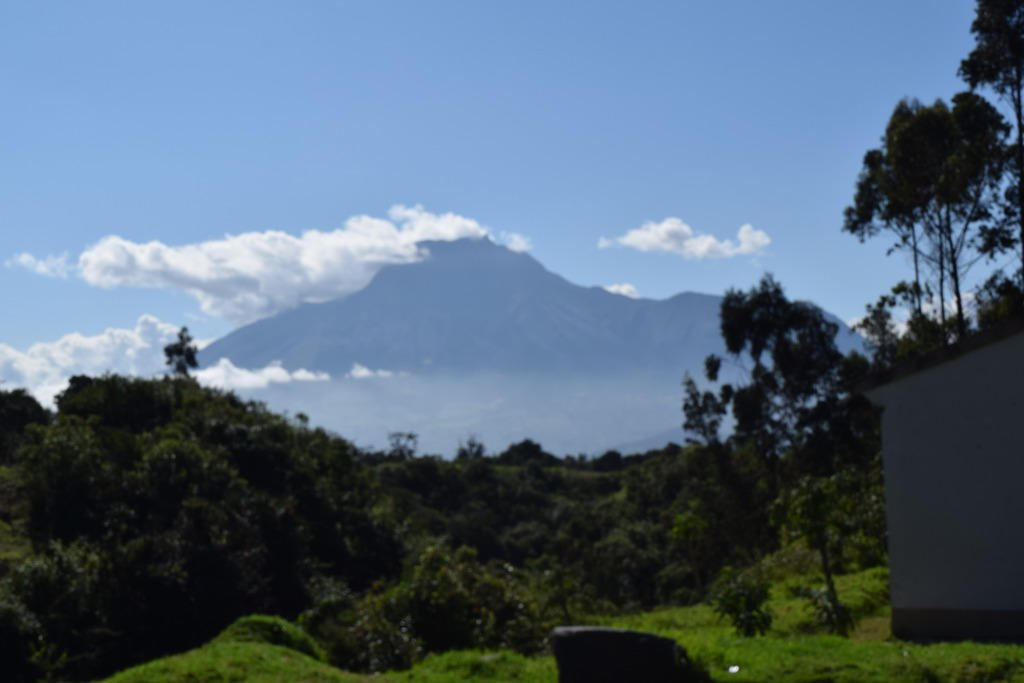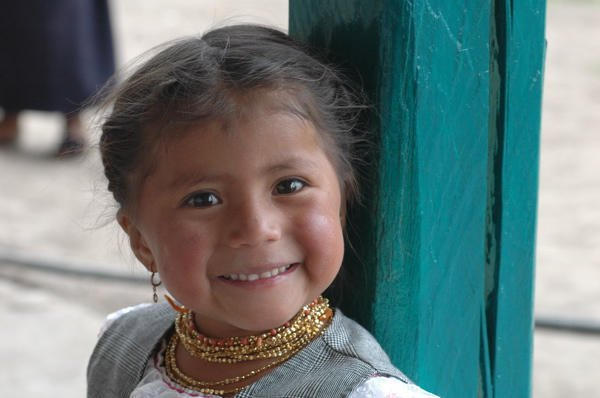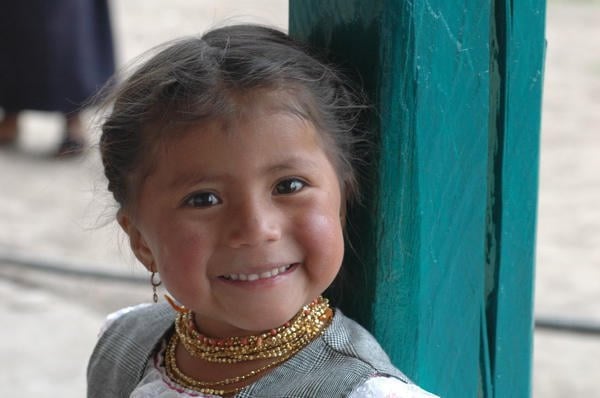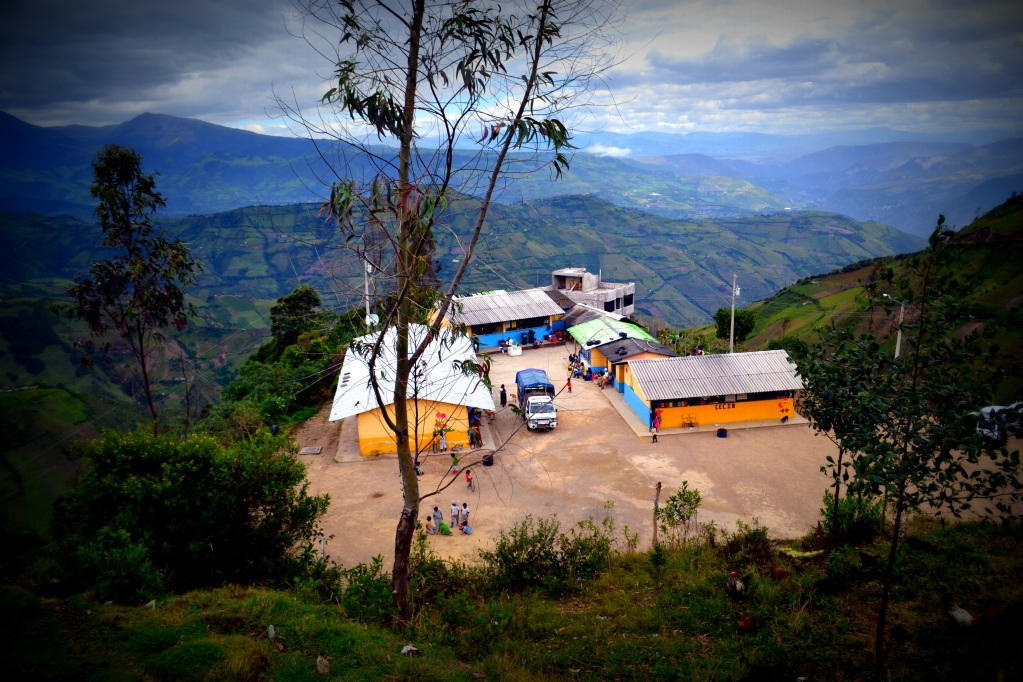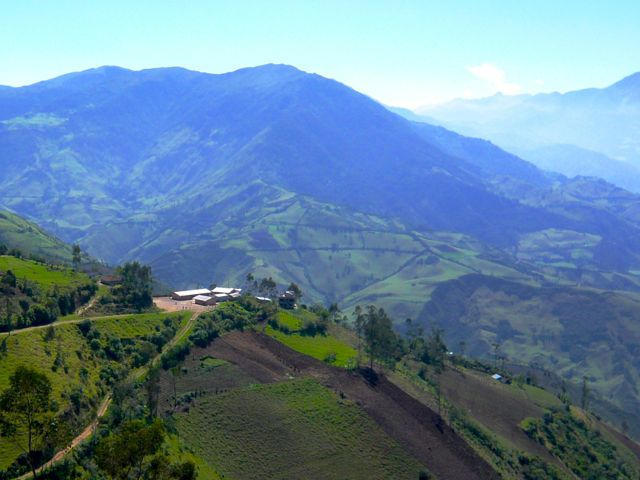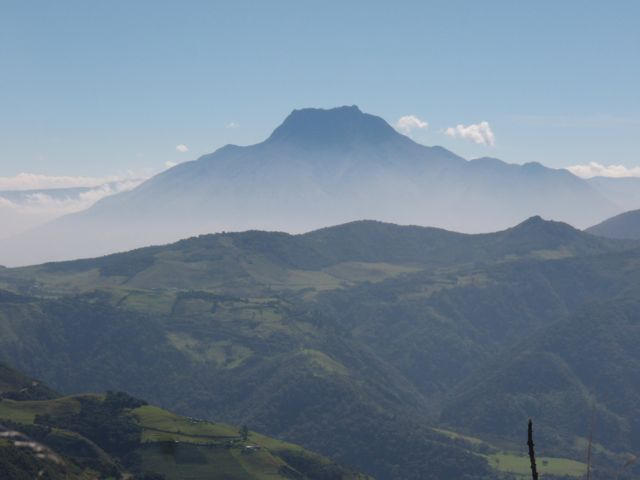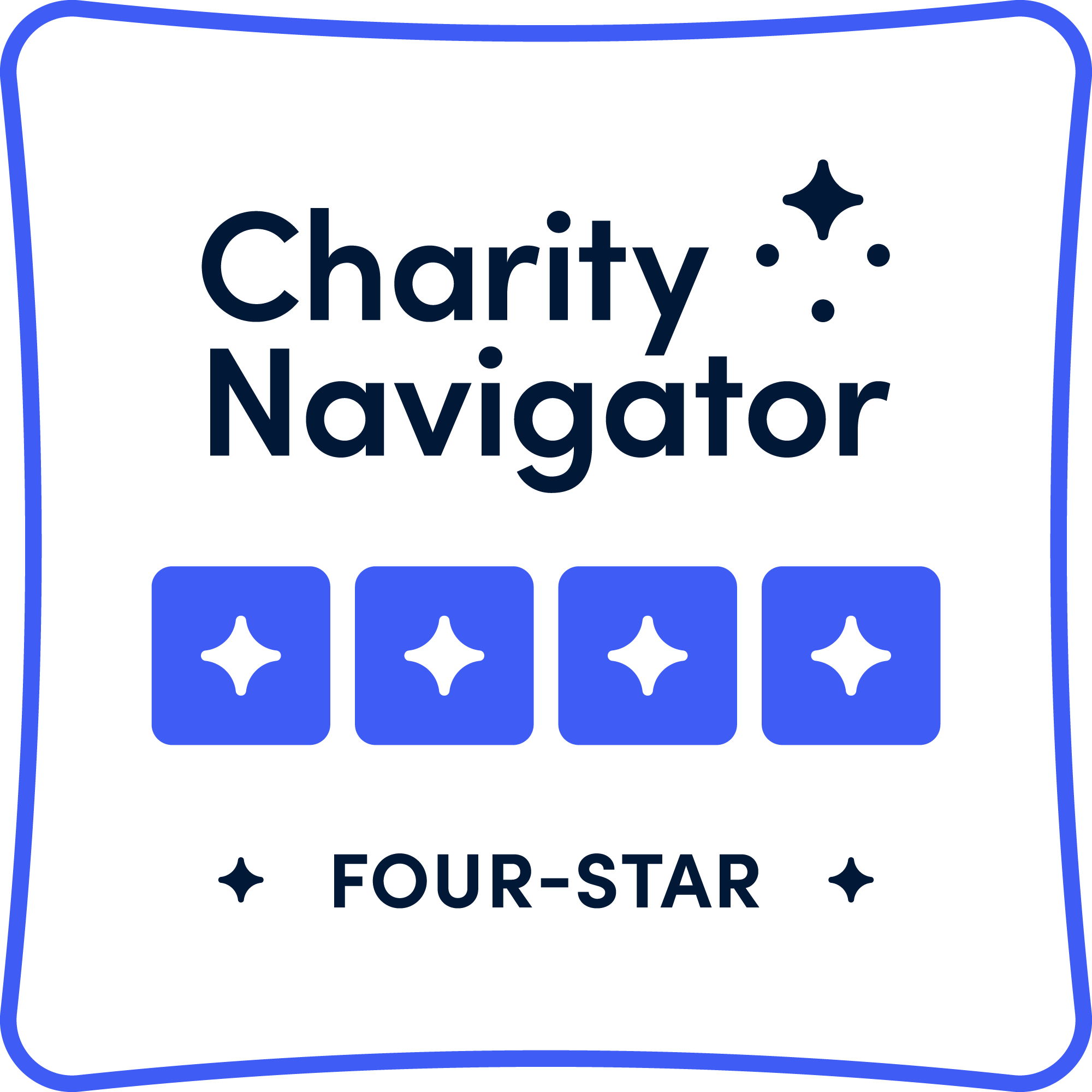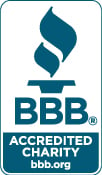Spring Volunteer Venture
Spring Volunteer Venture Overview
Cost: $1,300 double occupancy, $150 additional for single occupancy. The trip fee covers all the basic expenses (food, lodging, transportation, activities) from when you land at the Quito airport until we drop you off there. (We provide one airport pickup on the first evening, and one bus back to the airport, on the last night. If your plans require different pickups or drop-offs, you will need to cover those on your own). Airfare is not included, and you'll want to bring extra money for personal expenses.
Sample Itinerary for Spring Volunteer Venture:
Day 1
Arrive in the evening and settle in. We provide one bus to pick up the group from the airport and bring you to Otavalo.
Day 2
Have orientation and visit the world-famous Otavalo market.
Day 3
Work at La Joya School installing a new roof on one of the classrooms. Also take time to help the children eat and learn how to do household tasks using their educational furniture. In the afternoon, visit the Otavalango museum to learn more about local culture.
Day 4
Continue the project at La Joya School and work with students in their school garden. In the afternoon, participate in a cooking class and learn about the plants cultivated by local families.
cooking class and learn about the plants cultivated by local families.
Day 5
Beautify a community by helping to paint its newly-constructed community center. In the afternoon, learn about medicinal plants and enjoy a Pachamanka, a traditional dinner cooked in the earth.
Day 6
Day 7
Spring Volunteer Venture Frequently Asked Questions
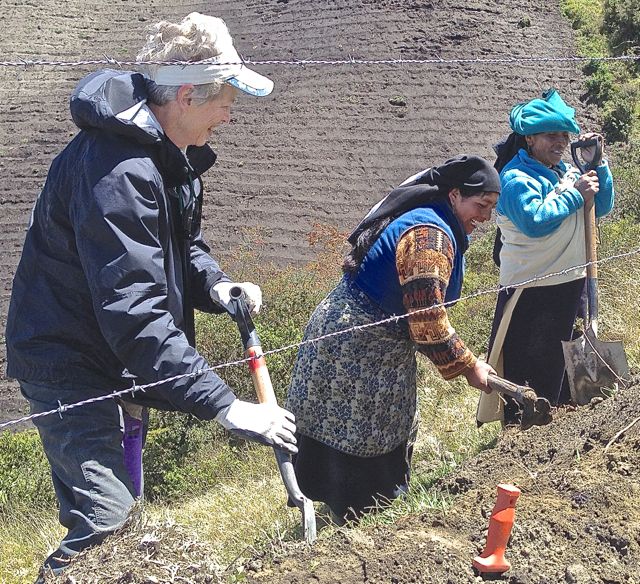
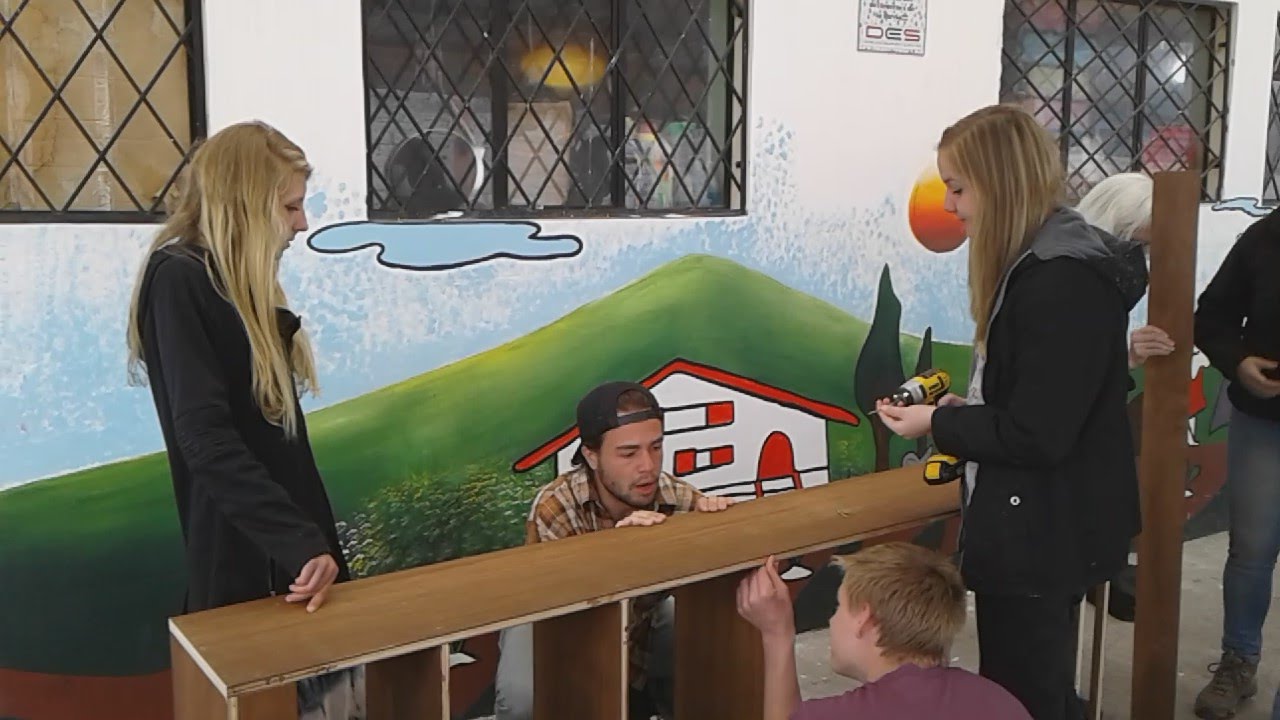
The CDC recommends vaccinations against Hepatitis A, typhoid, tetanus-diphtheria and measles. Yellow fever is recommended for other parts of Ecuador but not necessary in the mountains where we work. Vaccinations are up to your own discretion.Do I need vaccinations to go on this trip?
The Zika virus is carried by mosquitoes that generally live below 1200 meters, but Tandana works at much higher elevations--typically above 2000 meters. So the chances of encountering a Zika-carrying mosquito while with Tandana is quite low. Moreover, the main concern for Zika is the damage it can do to fetuses if the mother contracts the virus; for others, the clinical symptoms are mild. Nevertheless, if you plan to travel in lower elevations before or after your time with us, you might want to take precautions with an insect repellant approved by the EPA.
I've heard about the Zika virus. Should I be concerned for my health?
What are the accommodations like?
 Casa Latitud. Rooms all have private baths, comfortable beds, and outlets with the same electricity as the U.S. Wi-fi is available in the common area. Breakfast each day is a treat that offers fresh local fruits and juices, excellent coffee and a selection of hot breakfast items to start your day off right. The garden and patio area are an oasis with a view of 2 inactive volcanos. And the location is perfect for market shopping just 4 blocks away.
Casa Latitud. Rooms all have private baths, comfortable beds, and outlets with the same electricity as the U.S. Wi-fi is available in the common area. Breakfast each day is a treat that offers fresh local fruits and juices, excellent coffee and a selection of hot breakfast items to start your day off right. The garden and patio area are an oasis with a view of 2 inactive volcanos. And the location is perfect for market shopping just 4 blocks away.
Will my electronic devices work in Ecuador?
Yes, Ecuador uses the same electrical currents and plugs as the United States does, so you don't need a special adapter.
What kind of clothing, etc. should I pack?
We will send you a "welcome" packet about a month before your departure, which includes a suggested packing list.
It's not necessary to speak Spanish in order to do good work and have a good time on this trip. You'll learn the important basics during orientation, and Tandana staff will be able to translate for you.What if I don't speak Spanish?
All of Tandana's volunteer programs are led by a team of Program Coordinators who have first-hand knowledge of the region, speak both Spanish and English, have expertise in experiential education and group leadership, hold WFA (Wilderness First Aid) or other certifications that have prepared them to handle emergencies, and are caring and capable individuals. Our permanent local staff is always on hand to help with translation, activities, logistics, and anything else to make sure the volunteers' experience is the best it can possibly be. See here for bios of some Program Coordinators.Who leads the groups of volunteers? Who do I turn to when I need help?
Please email your question to us at info@tandanafoundation.org, and we'll answer it as quickly as we can.What if I can't find the answer to my question on the FAQ page?
